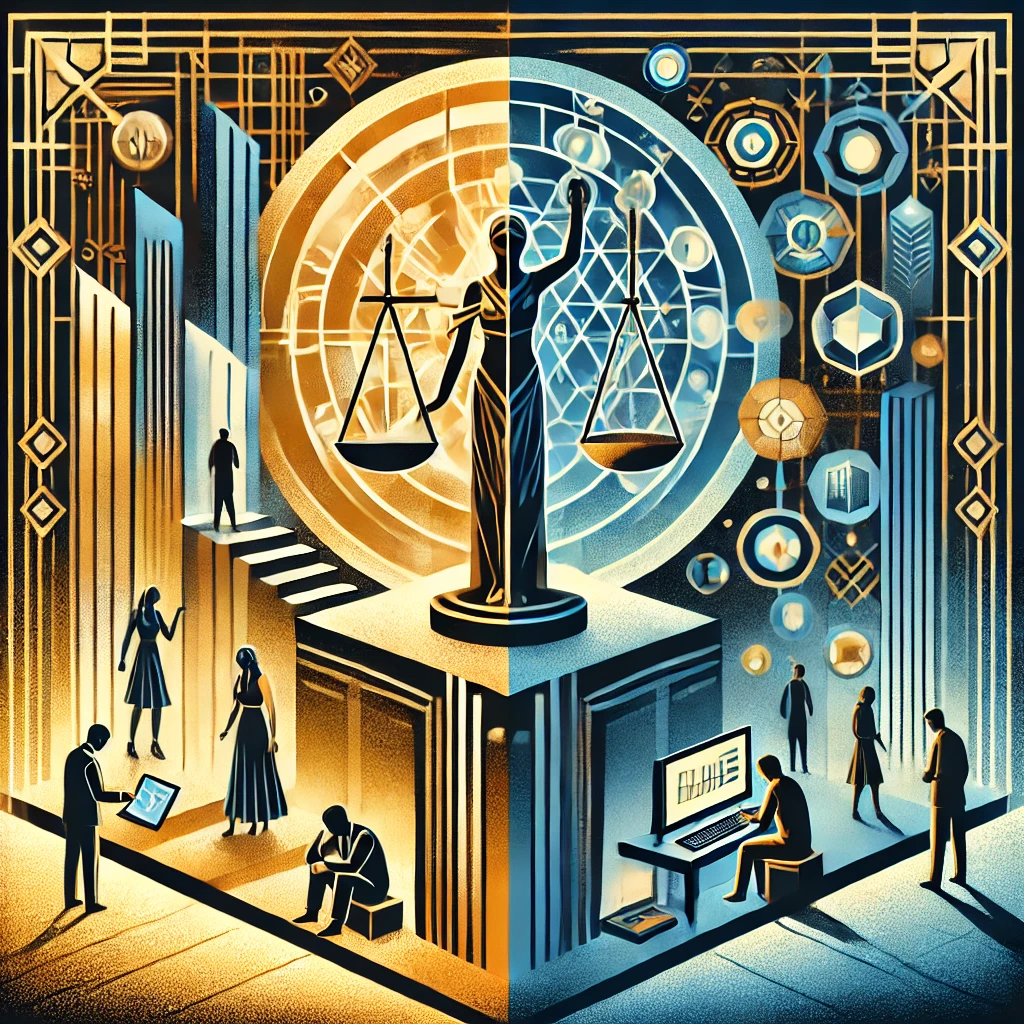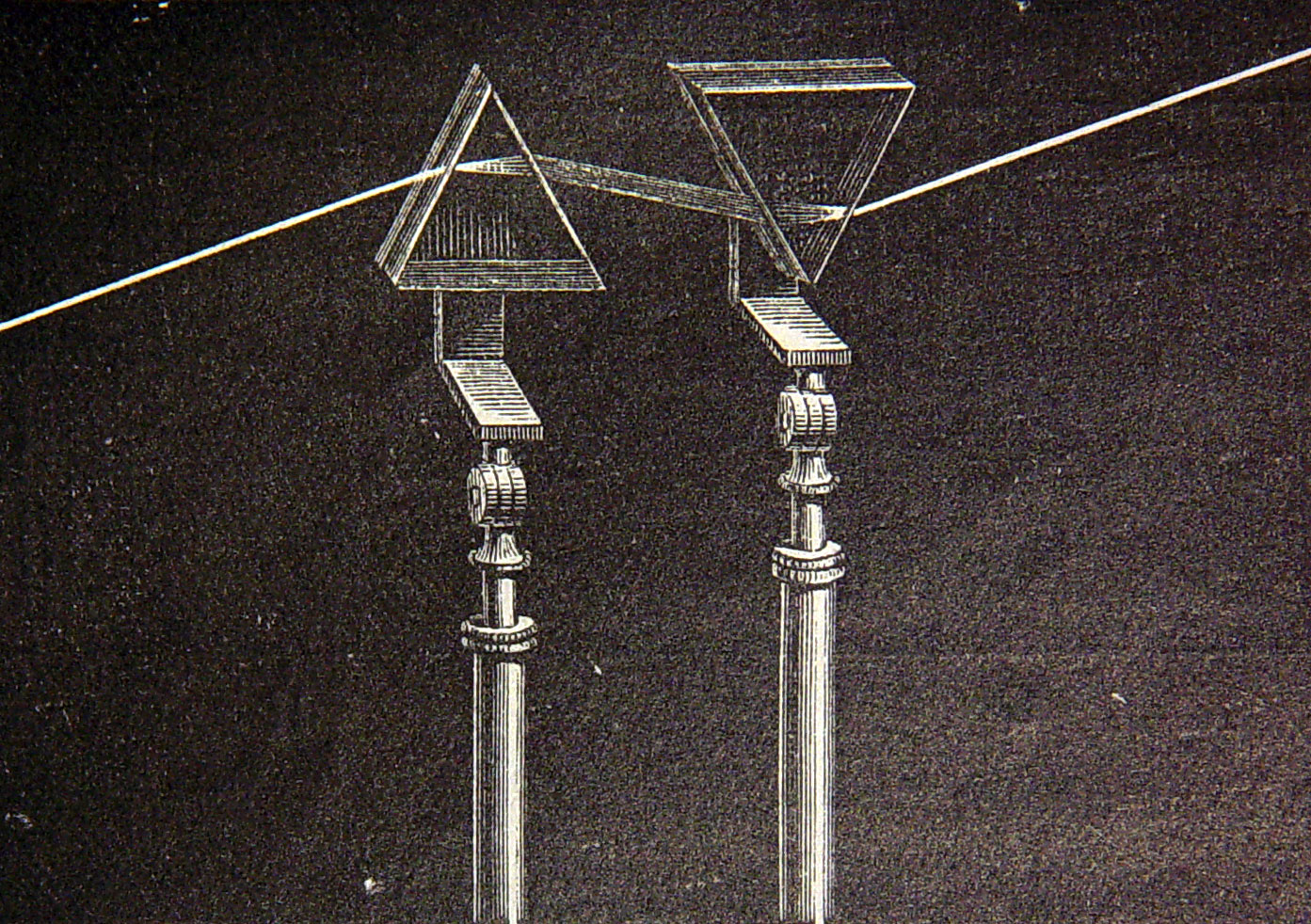Since the rise of the modern conservative movement, its adherents have championed a Burkean respect for the hard-won wisdom of the organic social order. From William F. Buckley to Roger Scruton, conservative intellectuals have advocated for a defense of tradition under assault from the rationalistic, scientific pretensions of modern ideologies.
“Tradition” enabled an alliance between disparate groups. It was a usefully empty category, evoking scriptural wisdom for religious conservatives, the Constitution for anti-Communists, and emergent market orders for libertarians. But the tensions between these factions—”whose tradition? which conservatism?”—aren’t the real problem today. Rather, it is that the conservative defense of tradition has failed—not because the right lost the battle of ideas, but because technological change has dissolved the contexts in which traditions once thrived. A technological society can have no traditions.
A technological society can have no traditions.
This insight was first articulated by one of conservatism’s great nemeses: Karl Marx. “The bourgeoisie,” as he famously wrote, “cannot exist without constantly revolutionizing the instruments of production, and thereby the relations of production, and with them the whole relations of society.” Whereas in previous societies, the dominant class had had an interest in social stability that restrained technological innovation, the pursuit of profit removes social or political restraints on technology. Hence, the relentless “revolutionizing of production, uninterrupted disturbance of all social conditions, everlasting uncertainty and agitation distinguish the bourgeois epoch from all earlier ones.”
Modernity liquidates traditions for the same reason that a firm might liquidate an underperforming factory: to improve the allocation and return of capital. “All fixed, fast-frozen relations,” as Marx put it, “with their train of ancient and venerable prejudices and opinions, are swept away, all new-formed ones become antiquated before they can ossify.” Technology, for Marx, is the true revolutionary principle, destroying traditions by shifting their foundations faster than they can adapt.








